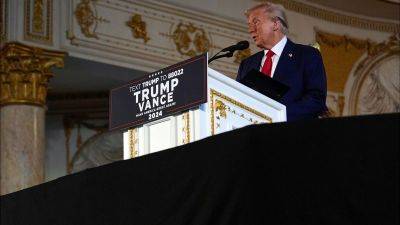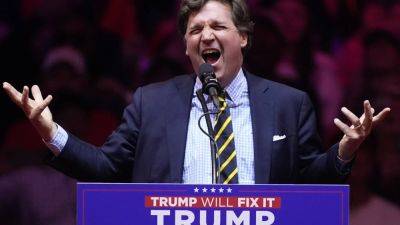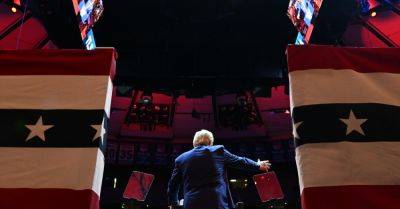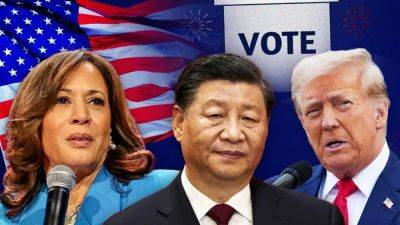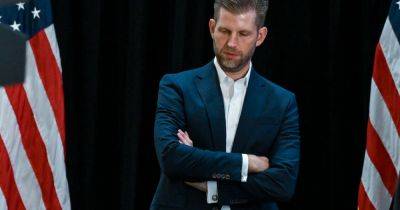On foreign policy, it’s Trump disruption vs Harris engagement
According to conventional wisdom, US voters are largely motivated by domestic concerns and especially the economy.
But the upcoming presidential election may be somewhat of an outlier. In a September 2024 poll, foreign policy actually ranks quite high in voters’ concerns – with more Democrats and Republicans combined saying it was “very important” to their vote than, say, immigration and abortion.
As such, understanding where Republican presidential nominee Donald Trump and Democratic rival Kamala Harris stand on the significant international issues of the day is important. And we can do so by looking at the records of their respective administrations in the three regions they prioritized: the Indo-Pacific, Europe and the Middle East.
Donald Trump: disrupter-in-chief
In his 2017 inaugural address, Trump painted a dark picture of the US In his telling, his country was being taken advantage of by other nations, especially in trade and security, while neglecting domestic challenges.
To disrupt this, Trump promised an “America First” approach to guide his administration.
And in practice, his foreign policy certainly proved disruptive. He showed a clear willingness to buck traditions and undid some of former President Barack Obama’s signature policies, such as the Iran nuclear deal, which exchanged sanctions relief for restrictions on Tehran’s domestic nuclear program, and the Trans-Pacific Partnership trade agreement.
In so doing, he ruffled the feathers of allies and foes alike.
Trans-Atlantic relations were tense under Trump, especially because of his hostility toward NATO. After deriding the Atlantic alliance on the campaign trail, Trump stuck to the same tune while in office. He routinely insulted allies at high-level



